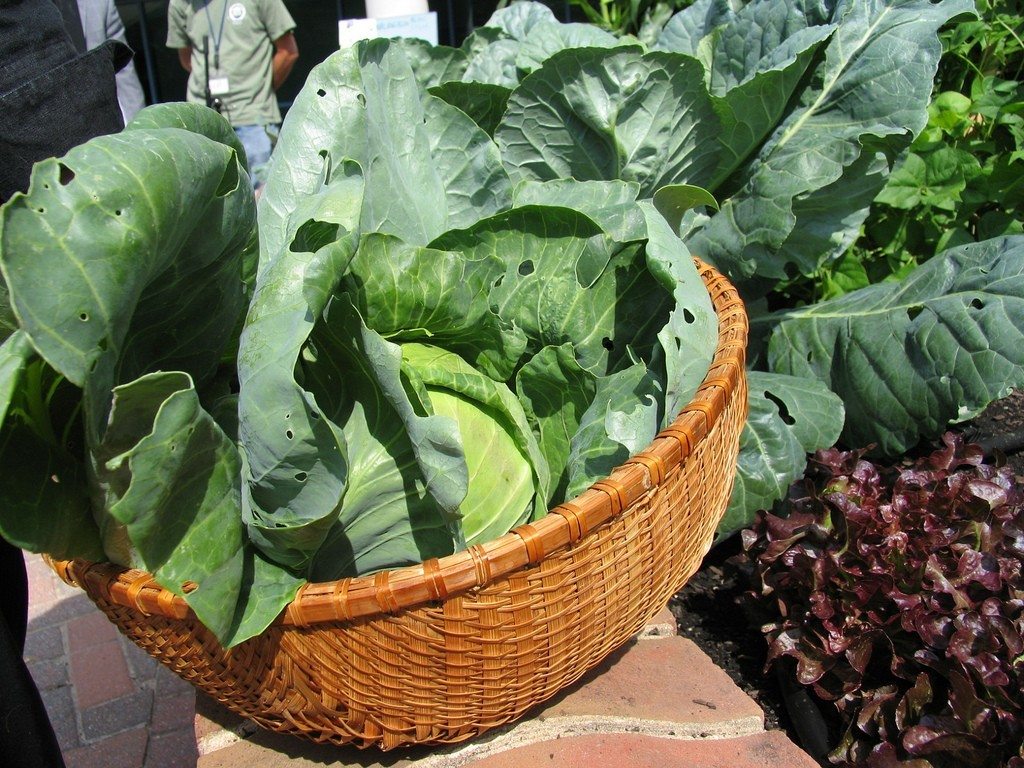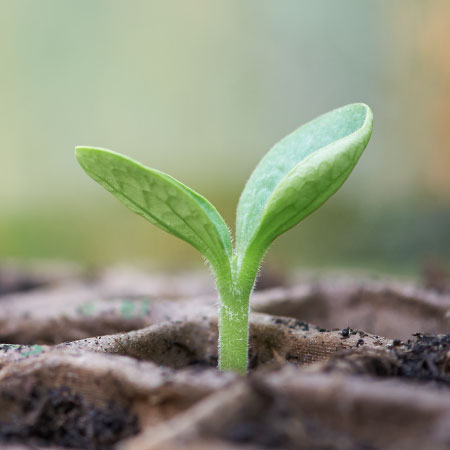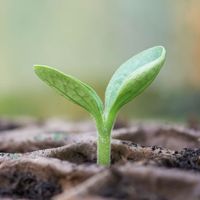
Today more than ever, backyard gardens are going organic. People are beginning to realize and understand that fruits and vegetables raised without chemical fertilizers and pesticides are much more healthy. They taste better, too. Keep reading to take advantage of this trend with some easy organic gardening tips.
What is Organic Gardening?
Only in an organic garden can you literally pluck a tomato from the vine and eat it right there and then, savoring the flavor of fresh and sun-ripened. It isn't unusual to see an organic vegetable gardener eat the equivalent of a full salad while tending the garden -- a tomato here, a few leaves of lettuce there, and a pea pod or two. An organic vegetable garden is free of chemicals and grows naturally, making this a healthier, safer way to grow your plants.
Growing an Organic Vegetable Garden
So, how do you begin to grow your own organic vegetable garden? You start the year before. Organic gardens depend on good soil, and good soil depends on compost. Compost is simply decomposed organic waste matter, which includes yard clippings, grass, leaves, and kitchen waste. Building a compost heap is easy. It can be as simple as a 6-foot (2 m.) length of woven wire fashioned into a circle. Start by placing leaves or grass cuttings into the bottom and begin putting all kitchen waste (including eggshells, coffee grinds, trimmings, and animal waste). Layer with more yard clippings and allow the heap to work. Every three months, remove the wire and move it a few feet (1 m.) to the other side. Shovel the compost back into the wire. This process is called turning. By doing this, you encourage the compost to cook and after a year, you should have what farmers call 'black gold.' In the early spring, take your compost and work it in your garden soil. This assures that whatever you plant will have healthy soil, full of nutrients, to grow strong. Other natural fertilizers you can use are fish emulsions and seaweed extracts.
Organic Gardening Tips
Plant your vegetable garden using companion planting. Marigolds and hot pepper plants go a long way to deterring bugs from entering your garden. For leafy vegetables and tomatoes, surround the roots with cardboard or plastic tubes, as this will keep the dreaded slug from eating your young vegetables. Netting can go a long way to keep flying insects from eating the leaves of young plants and will also discourage moths that lay larvae in your garden. Remove all cutworms or other caterpillars by hand immediately, as these can decimate an entire plant overnight. Harvest your vegetables when they have reached the peak of ripeness. Pull plants that are no longer bearing fruit and dispose of them in your compost heap (unless diseased). Also, be sure and pull any plant that appears to be weak or diseased to help promote healthy growth to the remaining plants in your garden. Growing an organic vegetable garden is no harder than growing a traditional garden; it just takes a bit more planning. Spend the winter months looking at seed catalogs. If you choose to go with heirloom seeds, be sure to order them early, as oftentimes companies run out by February. If you choose hybrid seeds, choose those that are known to be resistant to bugs and disease. With a bit of additional thought, you too can have a healthy organic vegetable garden. Your taste buds will love it, and you will know you are eating the healthiest, best-tasting food around.
Sign up for the Gardening Know How newsletter today and receive a free copy of our e-book "How to Grow Delicious Tomatoes".

Kat Yares is a writer for Gardening Know How, specializing in organic gardening techniques.
